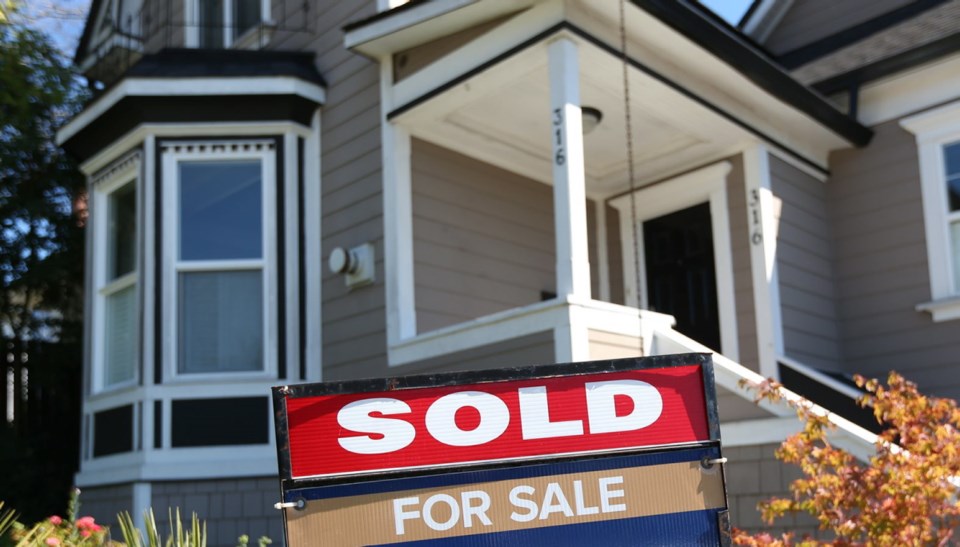Greater Victoria’s real estate sector is predicted to outperform many other markets in British Columbia, according to Real Estate Investment Network Ltd.
Economic growth this year, new jobs, diversification of job sectors, a rising population and a tight rental market are among factors driving the market, the company said. It figures that mainland residents will move here because the foreign buyers tax will send prices up higher in the Lower Mainland.
However, the president of the Victoria Real Estate Board has said that he is not seeing evidence of buyers coming here because of the foreign buyers tax.
In any case, Investment Network anticipates continued strength in Greater Victoria real estate.
“From this moment forward, given the changing demographics and economics occurring in the city, investors and homeowners will witness longer periods where the market will outperform the majority of non-Vancouver markets in the province, with fewer slow-market periods than historically expected,” Don Campbell, senior analyst, said in a statement. The Investment Network is a company offering real-estate analysis, research and other services.
“The increased economic diversity resulting in an expanding job base make the city attractive to people seeking jobs and affordability,” the company said.
Prices are climbing in the Victoria core, where the benchmark value for a single-family house was $755,000 in October, up by 24.1 per cent from the same month last year, the Victoria Real Estate Board said. The capital region’s prices are among the highest in the country.
Tight inventory is likely holding down the number of sales. There were 1,938 properties for sale through the board’s multiple listing service at the end of last month. That’s down by 39 per cent from 3,170 a year ago.
A total of 735 properties changed hands last month, only one more than October 2015.
Competition is heated for single-family homes in the core.
Figures from the B.C. Real Estate Association show October was another challenging month for housing sales in some parts of B.C. The total amount of all October sales was $4.4-billion, a tumble of 24.2 per cent compared with the same period last year.
The average price of a home was $606,787, down 9.1 per cent.
Association chief economist Cameron Muir said home sales across Metro Vancouver fell when compared with the elevated levels of last October, but he said the numbers show sales in the metro region stabilized on a month-to-month basis.
Muir points to strong year-over-year gains in sales on Vancouver Island and in B.C.’s Interior, regions not covered by the 15 per cent tax imposed by the province in August on home sales involving foreign purchasers.
“The decline in the average residential price reflects a smaller proportion of transactions in the province originating in Vancouver,” said Muir, noting housing demand remained mixed across B.C. in October.
The association reports home sales through the Real Estate Board of Greater Vancouver fell to 31.4 per cent of B.C. transactions last month, compared with 42.6 per cent a year ago.
Meanwhile, the number of homes sold throughout the country last month hit a record for October, the Canadian Real Estate Association said. There were 42,473 residential properties sold last month through the Multiple Listing Service, up two per cent year-over-year.
Sales were up from October 2015 levels in about 60 per cent of all Canadian markets, with gains in the Greater Toronto Area and surrounding communities, though that was offset by declines in the Lower Mainland.
The national average price for a home sold in October was $481,994, up 5.9 per cent compared with a year ago. Excluding Greater Vancouver and Greater Toronto, the average price was $361,012.
— With files from The Canadian Press



